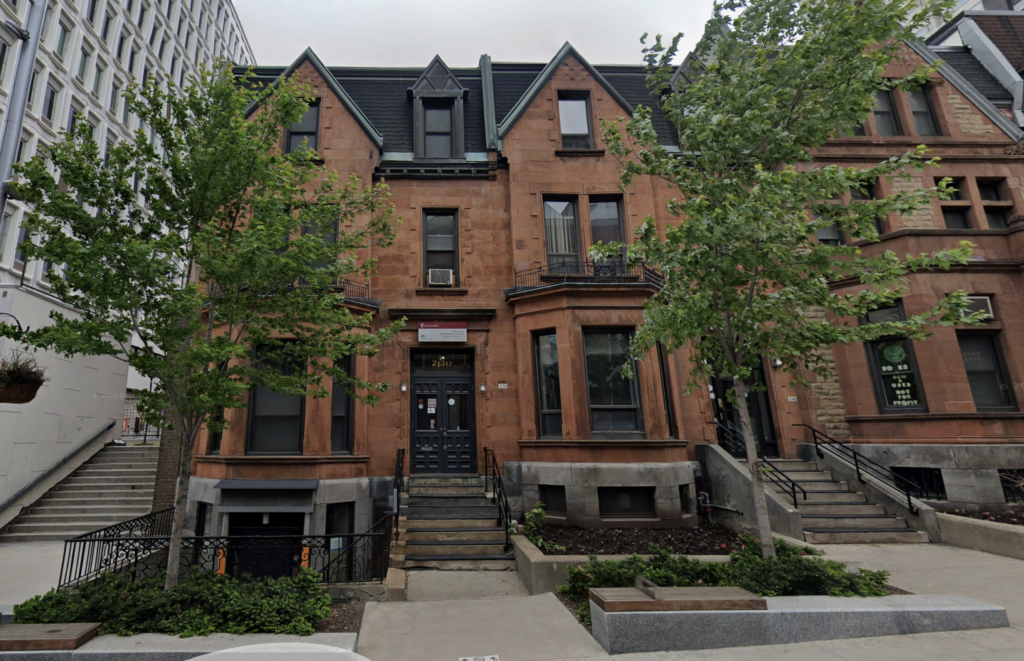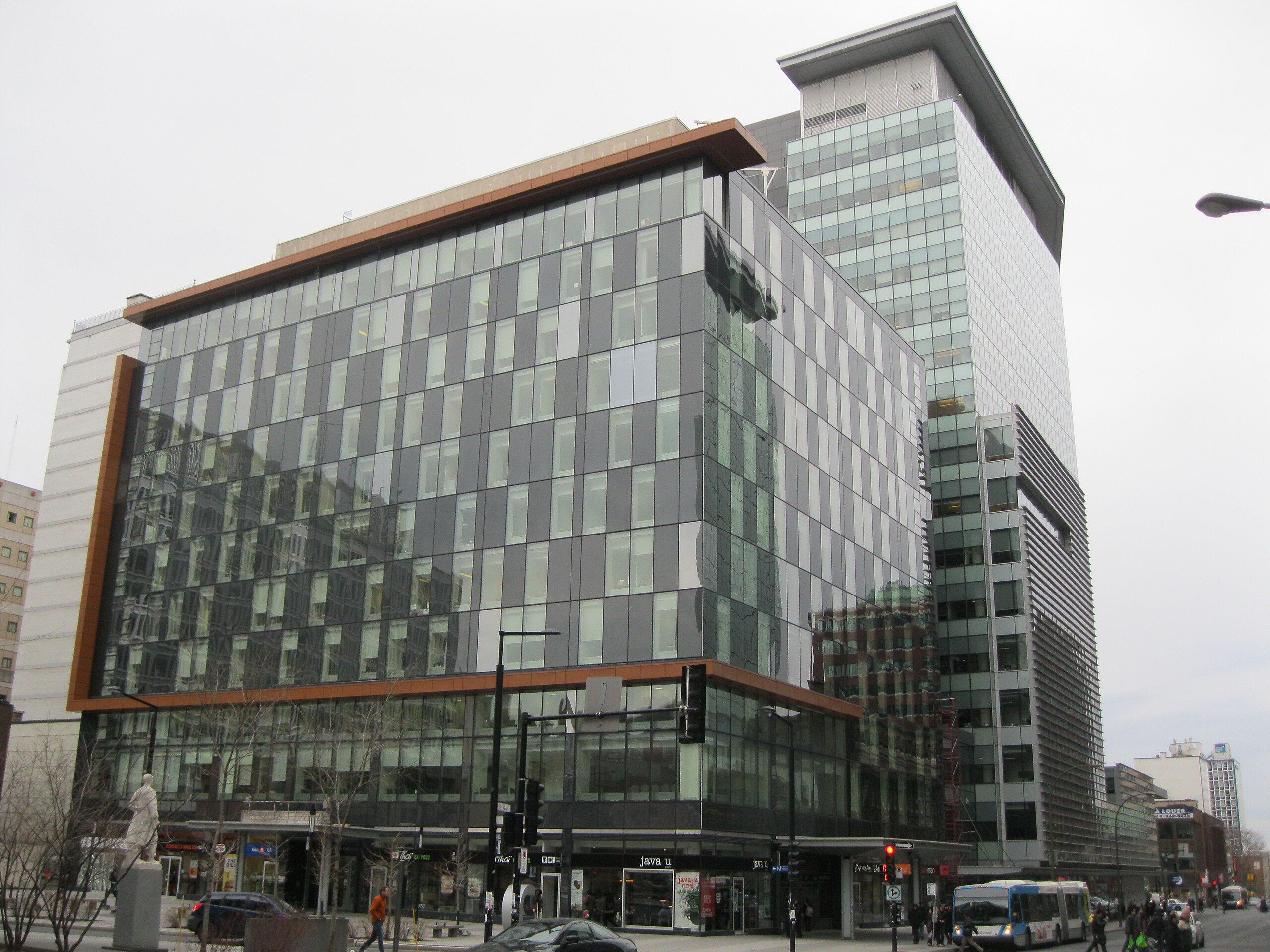Professionals at Concordia University have wrested from their inflexible management a new collective agreement that finally meets their demands, thanks to a decisive mobilization in early September. After a year of fruitless negotiations, particularly on the issue of remote work, nearly 600 workers went on strike for a week at the beginning of the academic year.
On September 18, members of the Concordia University Union of Professional Employees (CUPEU-CSN) finally adopted an agreement in principle, with 91% of votes in favour.
The agreement includes a better framework for work-from-home standards, wage increases and a more flexible work schedule to facilitate work-family balance. With these new measures, CUPEU-CSN workers will be better protected against arbitrary management decisions.
The North Star spoke to workers on the picket line at the time of their walkout. “So obviously, post-pandemic inflation hit. We wanted cost of living pay increases, of course,” explains Michael Schmid, vice-president of CUPEU-CSN’s communications committee.
“We were working on a compressed work week, a way of giving families the better ability to do their work and take a day at home. So you work one hour extra per day and take Friday off. The big line item, though, was hybrid work.”
At the time, work-from-home was not regulated by the collective agreement between the University and the union. “So our goal is to try to just get a bit of equity back in the process and have the university justify itself. Why are they calling these people back in when they can stay at home? We want just a fair treatment, a fair deal. We want to codify this in our collective agreement.”

However, before resorting to strike action, management had been inflexible when it came to framing the use of work-from-home. Schmid explains that they wanted to “have the power over where people work, which is a little bit of an old school way to do things.”
“They made an offer that really didn’t give us what we needed. It kind of codified the status quo of them having full control. […] That wasn’t enough. We did take a special vote on this global offer on Tuesday when it came back. And we rejected it. We need more than that.”
The union therefore applied its strike mandate to break the deadlock in negotiations. The University refused to come to the table until the day before the strike. “They knew exactly how strongly we felt about this. And it took until basically the business day before for them to wake up and come and actually start negotiating.”
Behind Concordia’s refusal to accept work-from-home lies a desire to take away the autonomy of professionals. According to Sigmund Lam, vice-president of negotiations, the administration is completely disconnected from reality on the ground. “It’s the people at the top who really are not in touch with the day-to-day operations who are making these decisions.”
According to Lam, their request simply copied what is already in place at other universities. “Also, you look at what the other universities in Montreal are doing. McGill is remote first. Both UQAM and UDM have better hybrid policies than us. Basically, to start off with, Concordia has the worst hybrid policy of the big universities in Montreal.”
What’s more, Schmid believes that work-from-home could also be beneficial for students. “[This] isn’t about cutting services. It isn’t about reducing services. We want to maintain this and in fact increase productivity. When they’re at home without the distractions, they’ll actually get more done. It’s all about finding that middle ground where everybody benefits.”
He also believes that the new CUPEU-CSN collective agreement could have benefits for other Concordia employees. “If we show cracks in this power struggle that they have, they might have to give it to everybody else. Once the dam breaks, well, it’s open. They can’t close that up again.”
